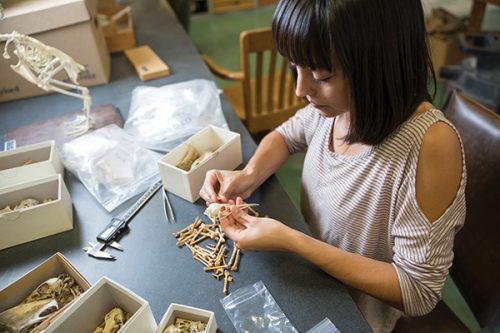Exploring Cycle Changes Related to Luteal Phase Parenting Adaptations
Abstract
This dissertation tested the hypothesis that luteal phase hormones influence behaviors that secure social bonds and increase vigilance during the luteal phase when pregnancy is possible. Using an innovative within-subject design with women using levonorgestrel intrauterine devices (LNG-IUD) who maintain ovulation, three studies employing daily diary methodology examined fear responses, social affiliation patterns, and sexuality across confirmed ovulatory cycles. While the research was designed to identify luteal phase behavioral adaptations for parenting, the findings demonstrated a consistent and unexpected pattern: psychological states fluctuate systematically across cycle phases, but actual behaviors remain stable.







